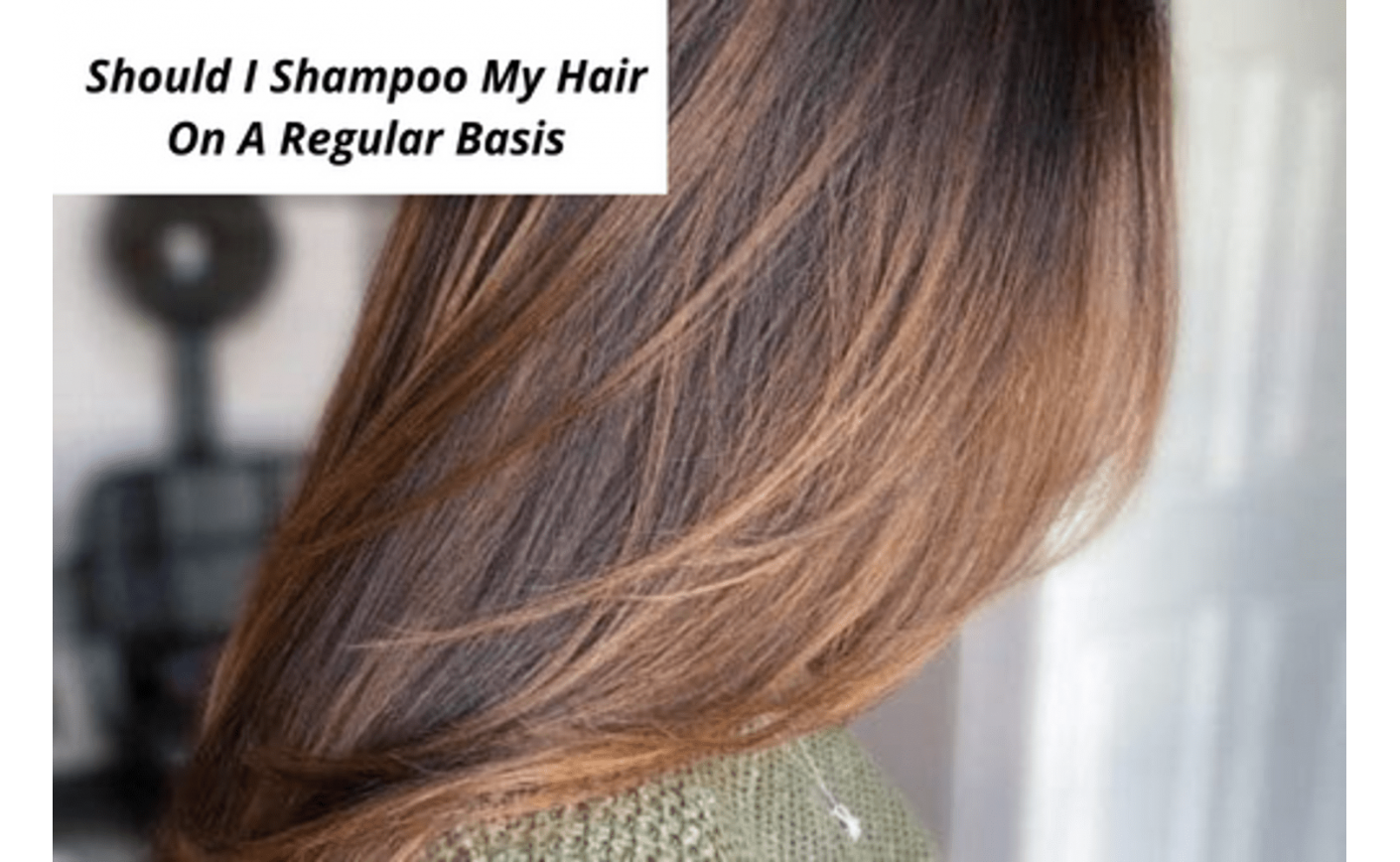
Should I Shampoo My Hair On A Regular Basis?
Should I Shampoo My Hair On A Regular Basis? Every person will have a different response if you simply ask them, as every hair type is unique. It is for this reason that creating a hair care regimen without consulting experts is challenging. The demand for a picture-perfect haircare regimen is at the center of this discussion. Here are our stylist's recommendations for how frequently to shampoo and what products to use. We'll also provide you with advice on how to use the top hair products.
How Can You Determine Your Hair's Texture?
You might be wondering what shampooing has to do with the texture of your hair. Actually, it has everything to do with it because you can't create a successful hair care routine until you are aware of your hair's texture and the intricate problems that influence strand growth or scalp health. Determine the density, strand thickness, and hair growth patterns (straight, curly, wavy, or coarse).
Growth Patterns of Hair:
Put your hair between your fingertips to determine what type it is. If you cannot see your hair strands, they are healthy. If the texture is neither fine nor thick, they are moderate. Your hair strands are coarser if you can feel a thicker or wider consistency in them.
Unbroken Hair:
Straight hair is stronger and lasts longer than other hair types. Sebum develops in a typical pattern, easily descended, and promotes moisture.
Coarse Hair:
From the scalp to the ends, curly hair forms tight ringlets and is thicker in texture. Curly hair has a propensity to tangle more readily and produce more oil than other hair types.
Curly Hair:
Hair that is curly grows in an "S" shape. Frizziness and curling at the ends are other variations. Wavy hair requires more maintenance because it's a little bit difficult to manage.
Unfined Hair:
The thick, fragile, coarse texture of coarse hair makes it challenging to manage. The "S" or "Z"-shaped, dry, brittle hair of this hair type also grows in these patterns. To make the strands easy to style with this texture, deep conditioning treatments and masques will be needed.
Hair Thickness
Small Hair:
Brittle and more vulnerable to styling harm is fine hair. A style can feel heavier due to an abundance of styling products, but it is also harder to maintain. The necessary styling methods make hair strands fragile and cause them to appear thin and frail. Blowouts won't last very long because it's also oilier.
Moderate:
Hair with a medium texture is the most common because it is less brittle and simpler to style than hair with a finer or coarser texture. Because the hair follicles are medium in size and dispersed throughout the entire scalp region, moderately textured hair also appears thicker.
Coarse:
The texture of coarse hair is typically thicker and more durable, and it develops from all three layers of the shaft. It can withstand chemical and coloring treatments but is better suited texturally to heating tools without breaking as quickly as fine or coarse.
What Factors Determine Hair Thickness?
The number of hair follicles and the condition of the scalp determine the thickness of hair strands. Your hair will be finer if your hair follicles are smaller. Your follicles will produce thicker hair if they are bigger. On your head, there are about 100,000 follicles, but their health controls how thick they are.
Whose Parent Influences Hair?
A genetic allele that determines hair characteristics is contributed by both parents, so hair type cannot be determined by a single genetic factor. The type, colour, texture, and density of a person's hair strands are ultimately determined by the genetic interactions between the two parents.
How frequently ought I to wash my hair?
You will have dirtier, oilier hair than people with other hair types if your hair is fine or straight. You should wash your hair every other day. Because of the shape of the hair, curlier hair does not transfer oils to the strands, so it does not become oily or dirty as frequently. The most you should wash curly or dry hair is twice per week. Try once a week to begin with because coarse hair can go longer between cleanings.
You probably need to wash your hair every day if you tend to produce too much sebum. In this case, you should be very careful about the ingredients in the hair products you use because they are ineffective at controlling oils with simple cleansing. Extra oil can harm your hair follicles by clogging them. Use dry shampoo or a boar bristle brush three times per day.
You can extend the intervals between regular shampooing sessions by using dry shampoo. They are available in dry powder or aerosol spray form. An aerosol spray will help you conceal greying hairs if you have any. There are many other uses for dry shampoo powder besides cleaning. The powder thickens hair if it is thinning, so you can style it, put it on, and go about your day.
Dry shampoo can also come in handy. Dry shampoo is the ideal go-to for those days you are running late if you prefer your morning snooze button to your morning shower. Simply shake, brush, and dash out the door. The clear powder blends in with your natural hair color after application and strengthens the strands by producing fuller, thicker hair that is simple to style.

All comments